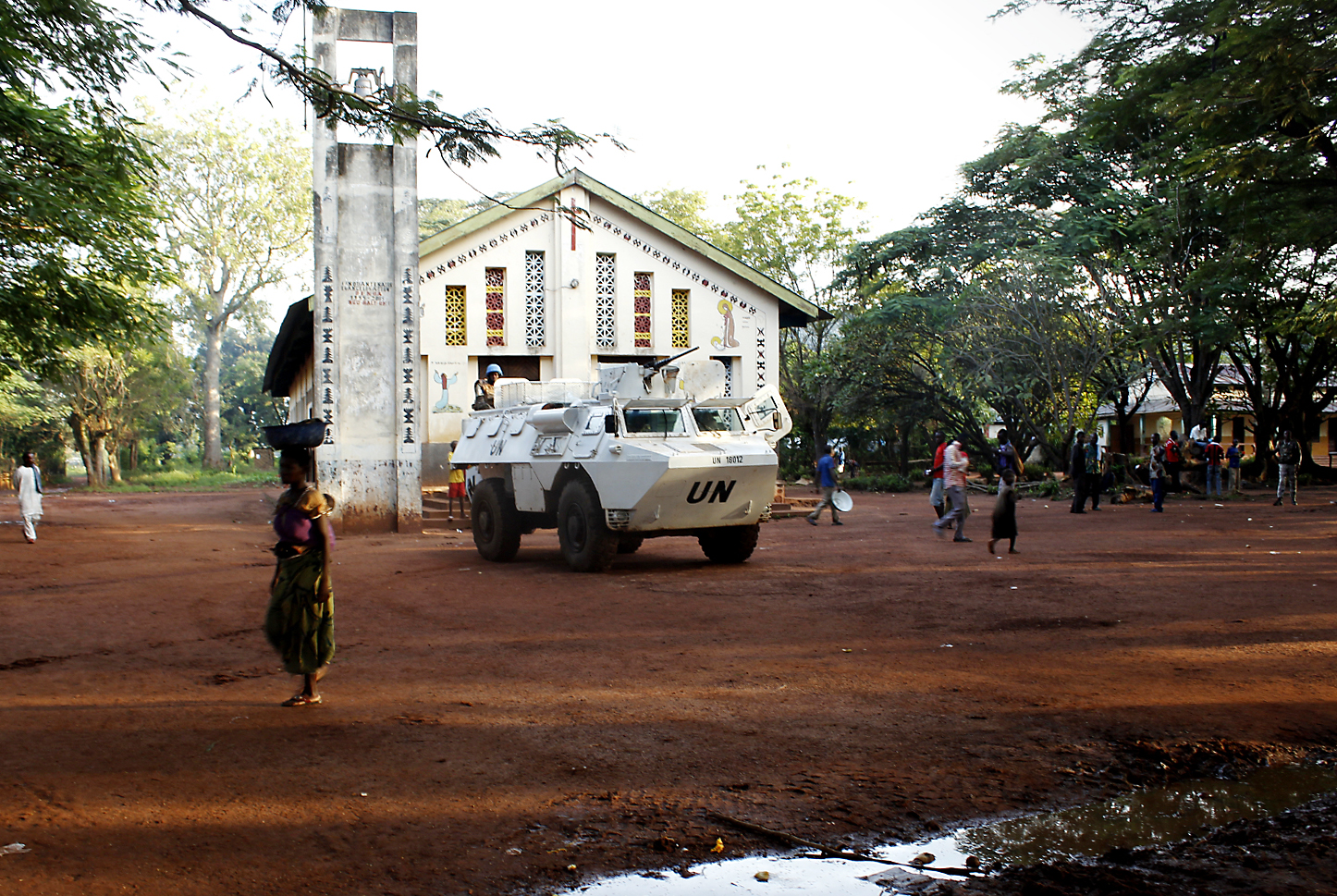DOWNLOAD PDF
THE ISSUE
The UN plays a critical role in the global effort to promote and protect human rights. In the face of a critical funding shortfall, its ability to continue doing so is at risk. In May 2019, 399 NGOs penned an open letter to all Permanent Missions to the UN in Geneva and New York expressing grave concern that the multilateral body’s human rights efforts are dangerously underfunded. These resource constraints have fundamentally impacted how the UN does its work: human rights treaty body sessions have been canceled and Special Procedure mandate holders have curtailed their missions.
THE HUMAN COST
Unlawful killings and inter-ethnic violence continue to plague multiple provinces of the Democratic Republic of the Congo (DRC). In an effort to protect civilian life, the U.N. dispatched over 13,000 troops and multiple aircraft in the form of the United Nations Stabilization Mission in the DRC (MONUSCO). Over the past five years, the cost of the mission has consistently fallen, but MONUSCO continues to show results.
MONUSCO peacekeeping patrols have rescued civilians under fire, provided valuable information about activities by Congolese militias, categorized and mapped outbreaks of violence, protected health workers who are countering Ebola from attack, and organized tribal leaders to sign on to peace campaigns. The Trump Administration’s has proposed a cut of $127 million to its contribution to MONUSCO.
The U.S. government can play a key role in addressing this funding gap. The U.S. is the UN’s largest funder in absolute terms, contributing more than one fifth of the organization’s budget. Yet recent presidential budget requests have repeatedly sought to slash funding to the UN, including funding to critical human rights functions. The President’s Fiscal Year (FY) 2021 budget proposes 29% cuts to contributions to the UN peacekeeping activities from the congressionally enacted budget for FY2020. Were this proposal to become law, it would have a tremendous negative impact on peacekeeping efforts in some of the world’s most critical conflicts, including in Mali, Central African Republic, South Sudan and elsewhere. The budget further proposes eliminating the International Organizations and Programs (IO&P) account, zeroing out the U.S. government’s contributions to agencies such as the Office of the High Commissioner for Human Rights (OHCHR), UN Women, the United Nations Children’s Fund, and many others.
For years, U.S. contributions to the United Nations have made the difference between life and death to millions. U.S. financial support helped erect an international human rights infrastructure that, however imperfectly, shed the spotlight on abusers previously ensconced by their own power and impunity. The U.S. government must resume its traditional role as a sponsor of international human rights, a role that has long enjoyed bipartisan support in the White House and in Congress.
TALKING POINTS
- It is the policy of the U.S. government to treat its assessments to the United Nations not as a charitable contribution but as an investment in a better future for all. Through this investment we can prevent human rights challenges from becoming human rights crises and humanitarian needs from becoming humanitarian disasters.
RECOMMENDATIONS
In creating the President’s FY2022 budget, the White House and the Office of Management and Budget (OMB) should move to:
- Restore the Contributions to International Organizations (CIO) request to $1.527 billion, a sum reflective of the U.S. assessment under the UN Regular Budget, adopted by consensus in the General Assembly with U.S. support in December 2019. The CIO account funds the U.S. share of the UN regular budget and dozens of other international organizations and specialized agencies.
- Restore the Contributions for International Peacekeeping Activities (CIPA) request to at least $2.616 billion, a sum sufficient for the U.S. to make good on its fully assessed rate as well as an additional $956.2 million in arrears. The CIPA account funds UN peacekeeping missions and international war crimes tribunals.
- Restore Peacekeeping Operations Account (PKO) to $525.3 million. The PKO account funds U.S. contributions to the UN Support Office in Somalia (UNSOS). PKO also includes funding for the State Department’s peacekeeper training initiative.
- End withholding of human rights funds: Fully end the executive policy of withholding funds from the OHCHR. In FY18 and FY19, the White House withheld a sum of over $54 million from the UN Regular Budget in order to defund the OHCHR and the UN Human Rights Council. This policy should be reversed and the withheld sum repaid.
- Urge Congress to lift arbitrary cap on contributions: Urge Congress to lift arbitrary cap on U.S. contributions to peacekeeping operations. Since the mid-1990s, U.S. law has capped U.S. contributions to UN peacekeeping operations at 25%; this prevents the U.S. from paying in full and results in arrears. While Congress has waived this cap in annual appropriations bills, we have not done so in years. The White House should push for a legislative reversal.
- Restore funding to UNRWA: Reverse the Administration’s policy of defunding the UN Relief and Works Agency for Palestine Refugees, an entity that provides education, medical care, emergency food aid, microfinance assistance, and other critical services to vulnerable Palestinians. The Administration should commit to funding UNRWA at a level of no less than $360 million annually, through the Migration and Refugee Assistance (MRA) account.
FOR MORE INFORMATION, PLEASE CONTACT:
Adotei Akwei
Deputy Director, Advocacy & Government Relations
(202) 509-8148
